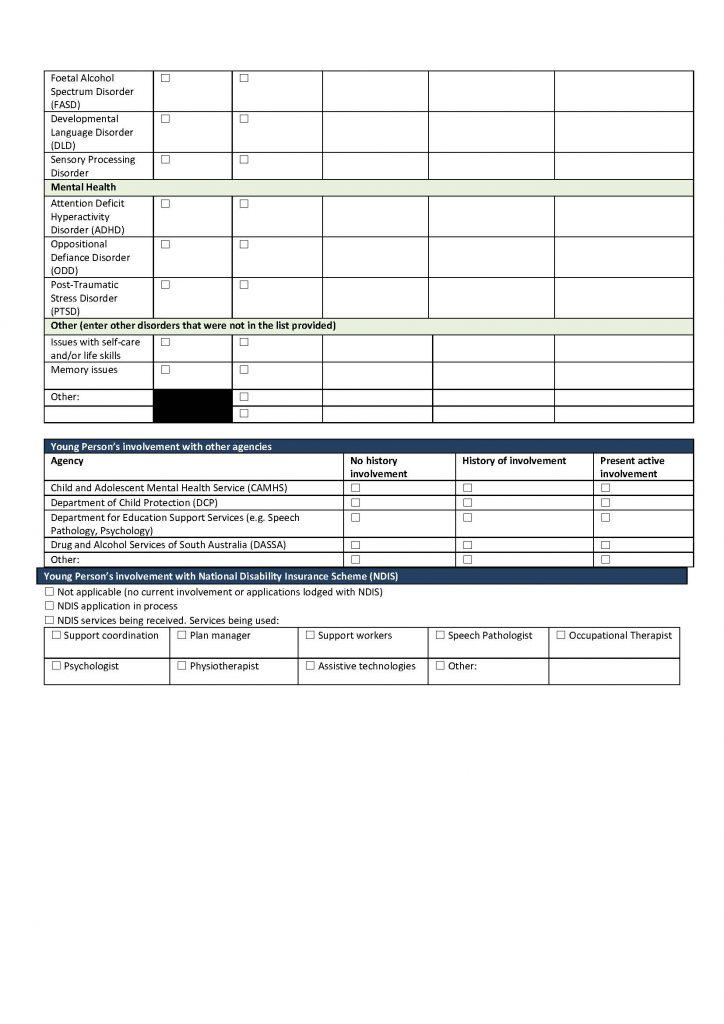The Disability Care Act is a Federal law which covers persons with mental disability who reside on their own land. It is designed to give disabled people more independence. It also aims to improve the standard of life for those with disabilities so they can do more, and enjoy more. The Disability Discrimination Act prevents discrimination against people with mental disabilities, and provides protection for them. If you are a person with mental disorders and live alone, it is important to seek legal advice from a specialist in this area.

A Brief Look at Canada’s Disabled Care
There are many people who cannot leave their homes because of various reasons such as financial difficulties. For them, there is this Disability Discrimination Act that aims to provide them equal opportunities in every sphere of their daily living. This allows a person with a disability to be able to find better and more meaningful work. This enables such persons to pursue the activities and careers of their choice. This is one reason why the Disability Care Act was created.
A Brief Look at Canada’s Disabled Care
This act was incorporated into United States federal law by the civil rights legislation known as the Rehabilitation Act of 1990. This act imposes a requirement that informed consent be given for inclusion of a person with disabilities in any program or activity. The act also requires participation and active involvement by all persons interested in the program. These experts include the Specialized Health Services Experts as well as the Social Service Experts. One of the other important features of the Disability Discrimination Act is that it ensures the right of an individual with a disability to live on his or her own in any private or public residential house, apartment, or condo provided by the government or any private agency.
A Brief Look at Canada’s Disabled Care
For persons who are undergoing residential care and In home care services Melbourne, they can opt for the live-in care option. They must also be residents in long-term or public institutions. The live-in carers can be the personal carers, companions or live-in carers hired by an individual or a family on behalf of another person with a disability or a person who has been, or will be, admitted as a patient in a hospital or nursing care unit.
A Brief Look at Canada’s Disabled Care
The live-in carers live with the person with a disability and undertake all the necessary activities related to their duty of care. They are free to live in the facility but they do not need their assistance. They can’t force the patient to do what they want. If the patient feels the need to withdraw, he/she can. Otherwise, the person living with a disability would have had to pay for it and continue to participate in the program.
In the final remarks of the Disability Discrimination Act, there is another important provision that allows a person with a disability the right to live in an independent living environment. Persons with mental or physical disabilities are eligible to live independently. Independent living is different from sheltered living and independent living might include participation in a regular income support program, job searching or vocational training program. Persons who have experienced emotional or physical abuse can also opt for independent living.
A hometouch is someone who needs assistance in daily living activities. A hometouch is a condition in which a person needs assistance to dress or use the toilet. Hometouch can also be caused by a disease or physical handicap. Hometouch can be considered a type of disability care. According to the Canada Revenue Agency circular “Definition for Income Support”, disability care is defined as “a person who requires assistance with the execution of his orher most basic life-functions necessary for survival”. This definition applies to the Canadian Disability Corporation Income Support.
The use of specialized equipment to aid people with disabilities has been recognized as a specialty in the field. As a result, the development of specialized equipment for use in home care has become a growing industry across the United States. Canadian Disability Corporation and Accessible Home Care Association of Ontario provide assistance on how to create a system that allows special needs people to stay in their homes safely. To learn more about special home care organizations in Canada, visit the Canadian Disability Corporation’s website.
